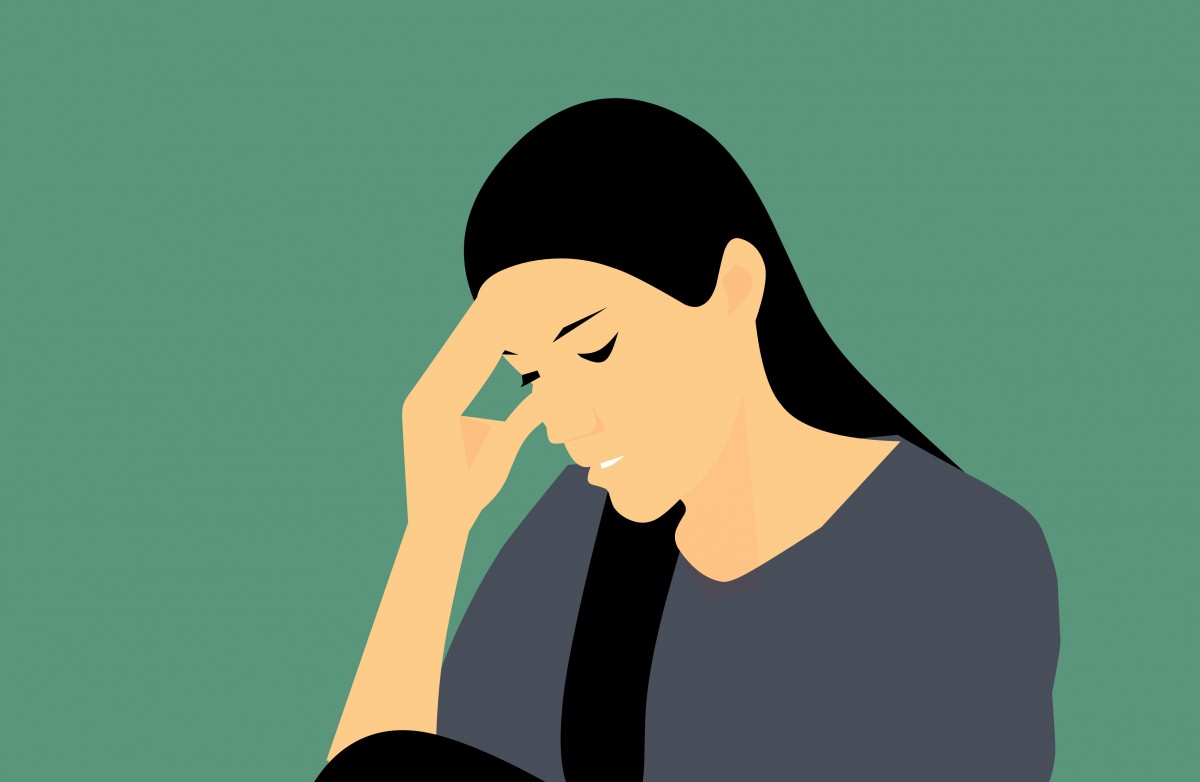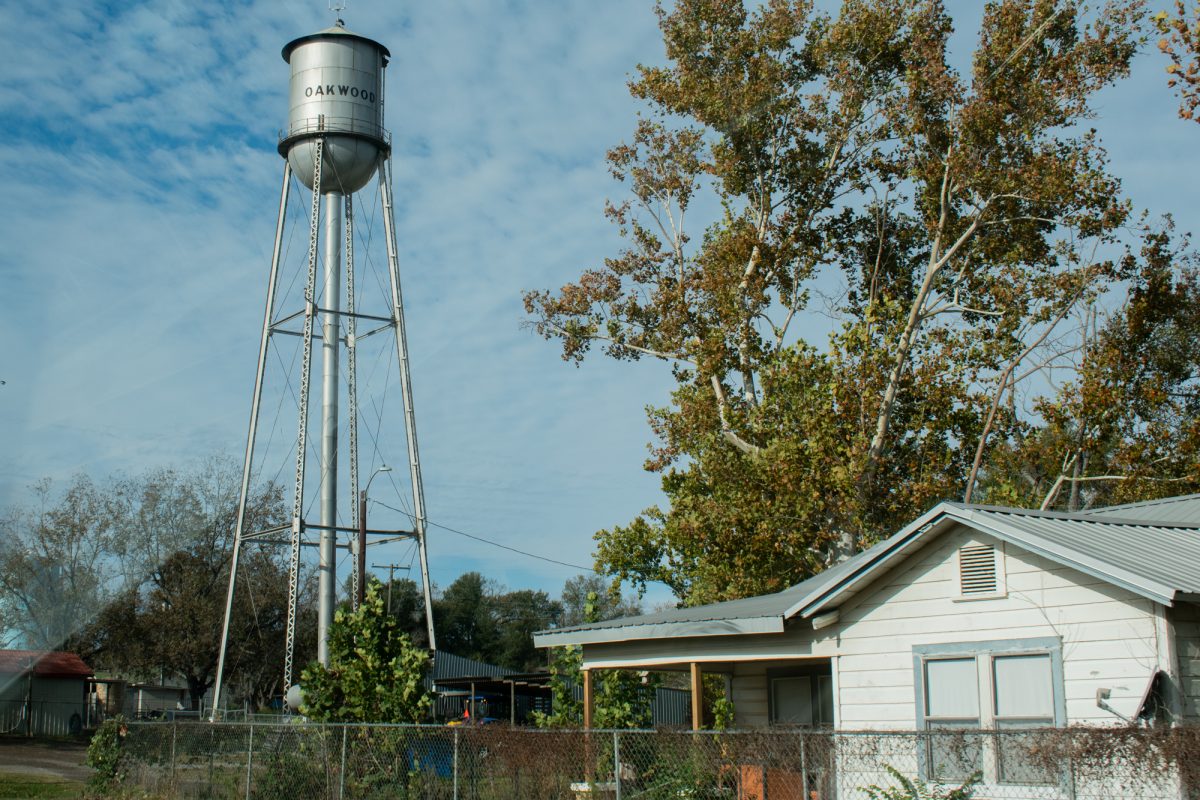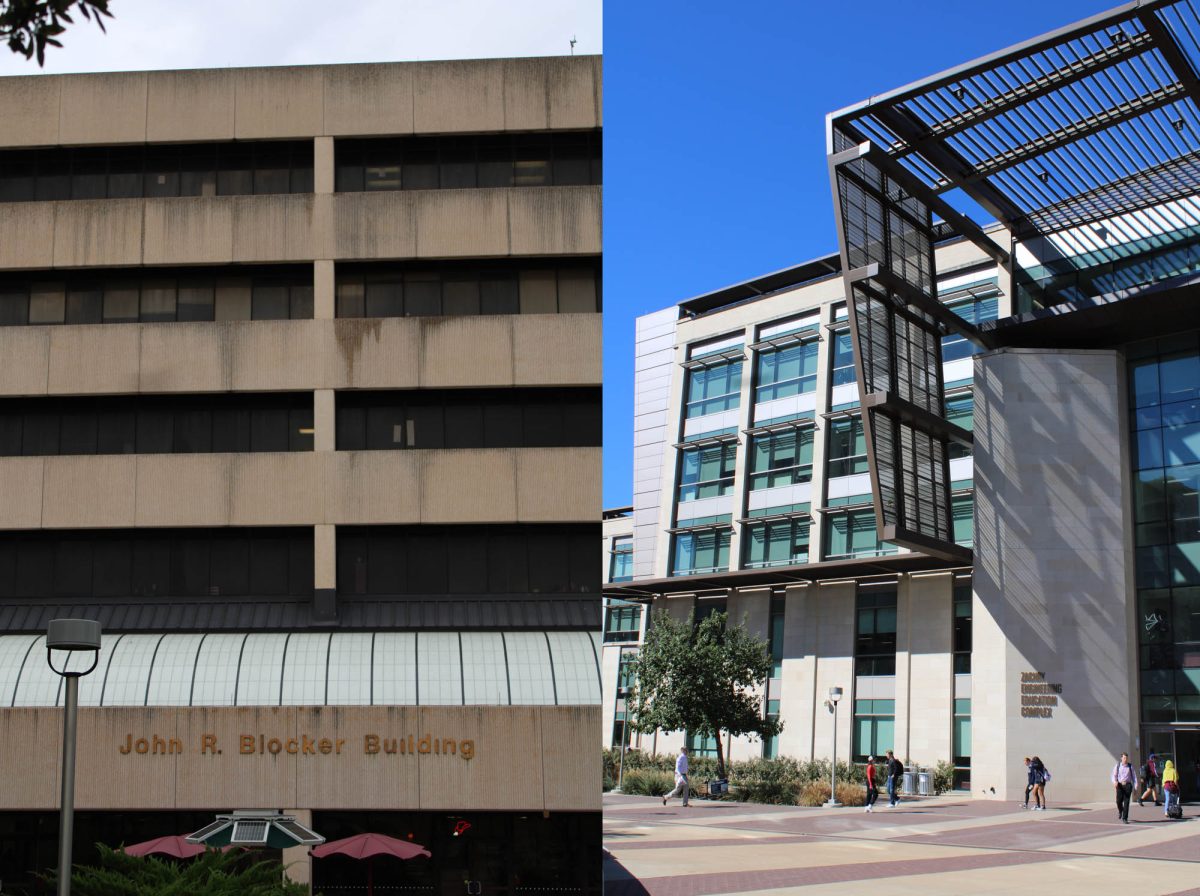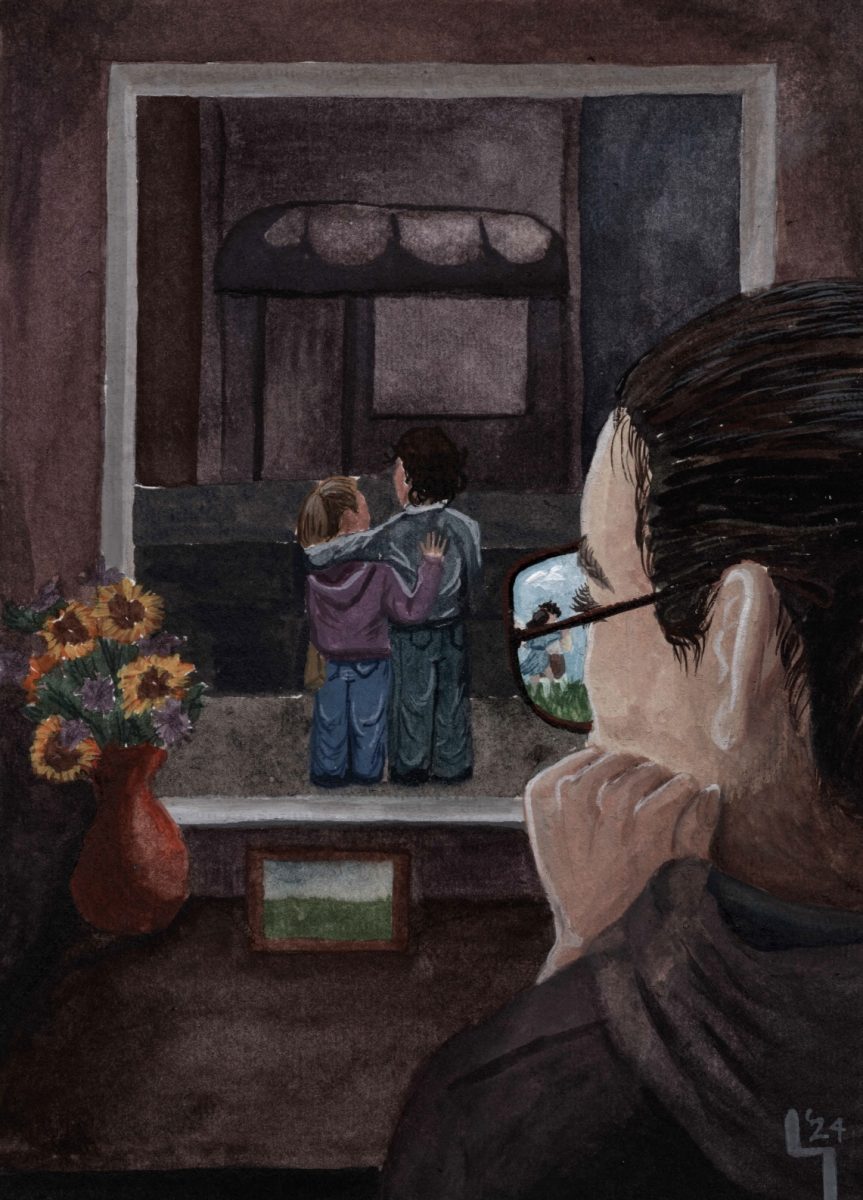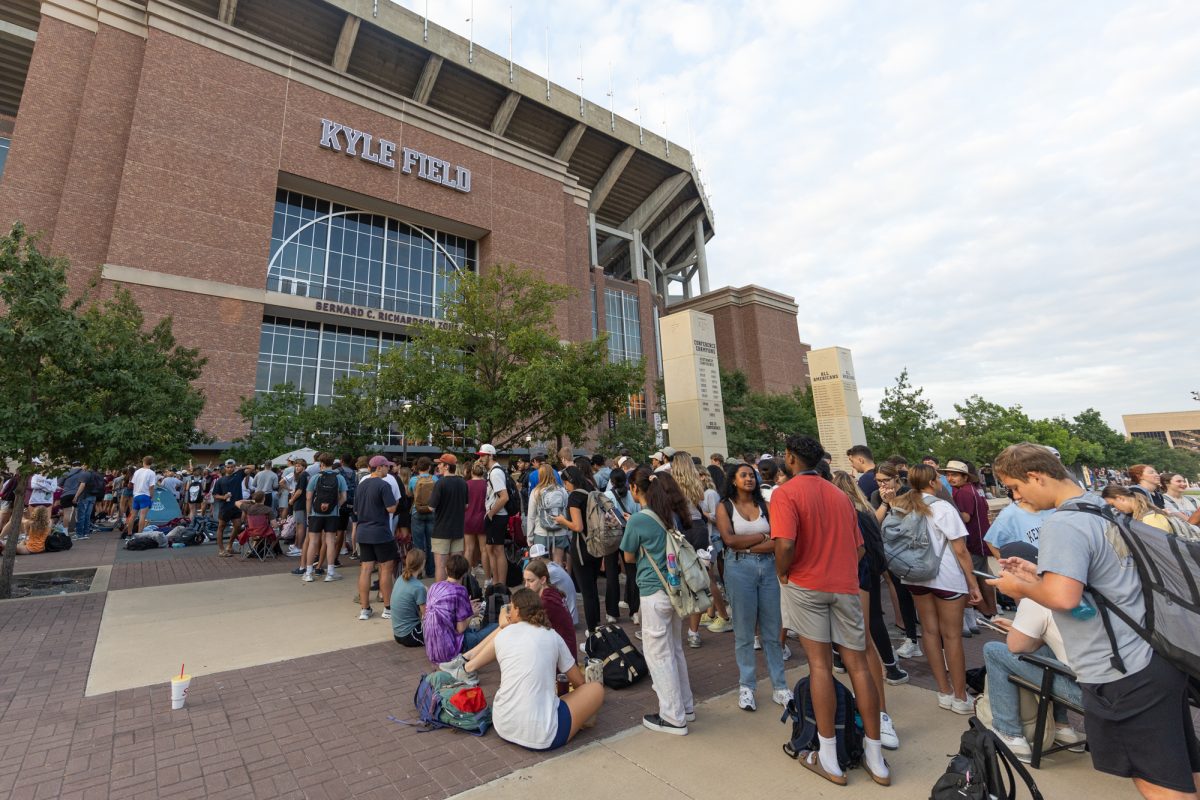Whenever I have a busy week, packed with due dates and exams, I tell myself, “I just have to get through this week!” When the weekend finally arrives, I decide to rest, until I remember the mundane tasks I didn’t get done during the week like cleaning, grocery shopping and doing laundry. Once I’ve finished those, I’m too burned out to do anything but binge Netflix, which brings about feelings of guilt for wasting time and not being productive. Then it’s Monday again and I’m bombarded with new assignments, continuing the cycle.
If this sounds familiar, it’s because most students’ lives have become about juggling a significant course load, extracurriculars and part-time jobs. So naturally, they feel overwhelmed and exhausted, and continue to feel this way going into their careers. What more can you expect when we are indoctrinated from a young age to believe our worth comes from “how hard we work?” The first step to breaking this cycle of never-ending stress is confronting the systems that allowed us to accept the pitfalls of capitalism without realizing we were doing it.
Though it may have started as a way to boost our economy out of the Great Depression into the post-war boom, modern-day capitalism has evolved into a toxic and overbearing presence in our society. Modern-day capitalism is rooted in the idea of competition and working your way to the top, so students are pressured to succeed at everything. It would be best if you had good grades, solid extracurriculars, leadership positions and job experience. While you’re at it, make sure to get eight hours of sleep and make time for friends. The need to have it all leaves most students in a state of permanent anxiety, and any failure can bring on panic, which often spirals into depression. And though schools recognize their students are stressed, they fail to do anything about it besides touting the same generic “stress management” techniques while avoiding the root cause.
Our profit-centric society teaches us our value comes from productivity, causing us to internalize capitalism whether we support it or not. In the early 1900s, the model employee became someone who worked long and hard to please their boss and be a contributing member of the economy. As wealth grew increasingly concentrated in the hands of a few corporate heads, capitalism became a leech, sucking the energy and life from workers. Now, overworking is the norm. As rent, student debt and health insurance costs continue to climb, the average worker cannot risk seeming like a lazy employee and getting fired.
It may be a well-known fact that Millennials and Generation Z have the highest rates of depression and anxiety among any living generation. Moreover, they are more stressed than their parents and grandparents were. However, most articles on this topic credit social media or helicopter parenting to this decline in mental health, completely missing the main issue: our education system. Through standardized tests and curriculums, schools weed out certain types of students and ensure only the few who benefit from institutionalized learning succeed. I graduated high school less than a year ago, so the horrors of public education are still burned in my mind. I have distinct memories of friends obsessing over class rank, sacrificing their mental and physical health to cram for test after test and self-harming because of grades, all because we are taught we have to outcompete our peers to get a “good job” (i.e. a STEM job rather than one involving physical labor). This conditioning follows us into higher education and, eventually, our careers, ensuring that each new wave of workers is complicit in being exploited.
I know this article will be met with backlash from people arguing this is how things are and my generation is just lazy, which only further proves my point that we have been brainwashed to think endless toil for a small profit is the most fulfilling way to live. Additionally, while it’s true that past generations went through the stress of college as well, it is also true that they still had a better quality of life. They also had better mental health than my generation, even though the cost of living (everything from everyday items to rent to the cost of college) has increased, wages have not. Therefore, younger adults need to work longer hours to afford the same things Boomers could once quickly get, which has a direct link to poor mental health.
We need to rethink everything our elders have told us about work and how it ties to our value as a person. More Americans realize that endless work is robbing them of free time and a meaningful life for the sake of the economy. Yet ironically, we are too busy and tired to do anything about it. While I was researching this article, I read many pieces making similar points. However, they all usually ended on a “hopeful” note where the writer promises to slow down and live with more intention. I’m sorry, but let’s be real: that will never happen. We can’t just make half-hearted promises to live in the moment more and then continue with our tightly scheduled and stressful lives. The only thing that will fix this is systematic change, which is becoming inevitable as younger generations grow increasingly frustrated, taking a toll on the economy. A whole age group of anxious and low-motivated individuals cannot sustain our society, nor should they have to. It’s time for an overall shift in how we work and define productivity.
Internalized capitalism: Why you’re always tired
November 19, 2019
Photo by Creative Commons
Stress
0
Donate to The Battalion
Your donation will support the student journalists of Texas A&M University - College Station. Your contribution will allow us to purchase equipment and cover our annual website hosting costs.
More to Discover



